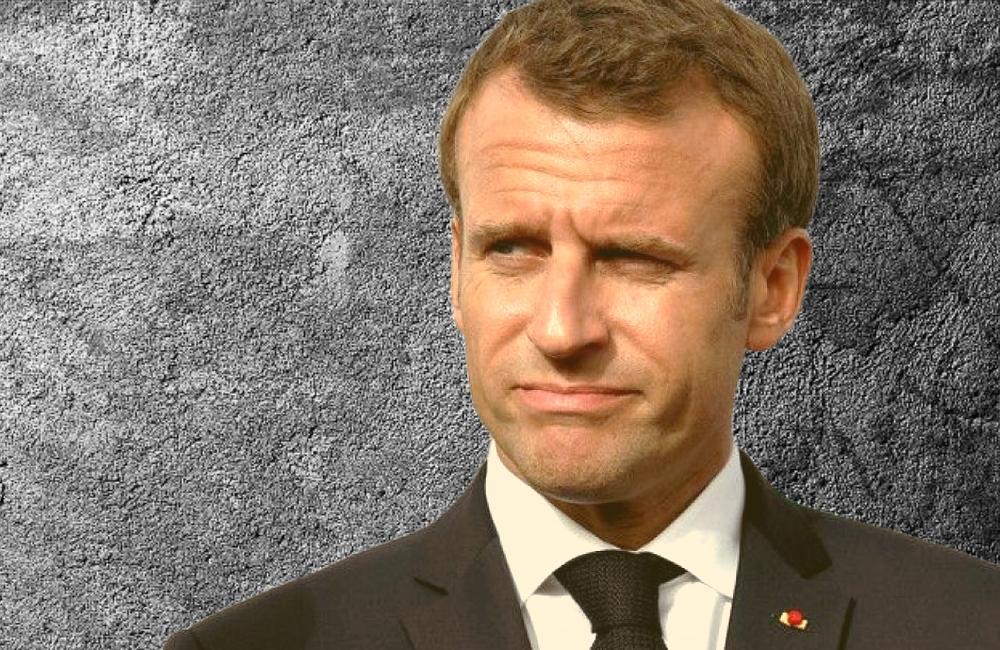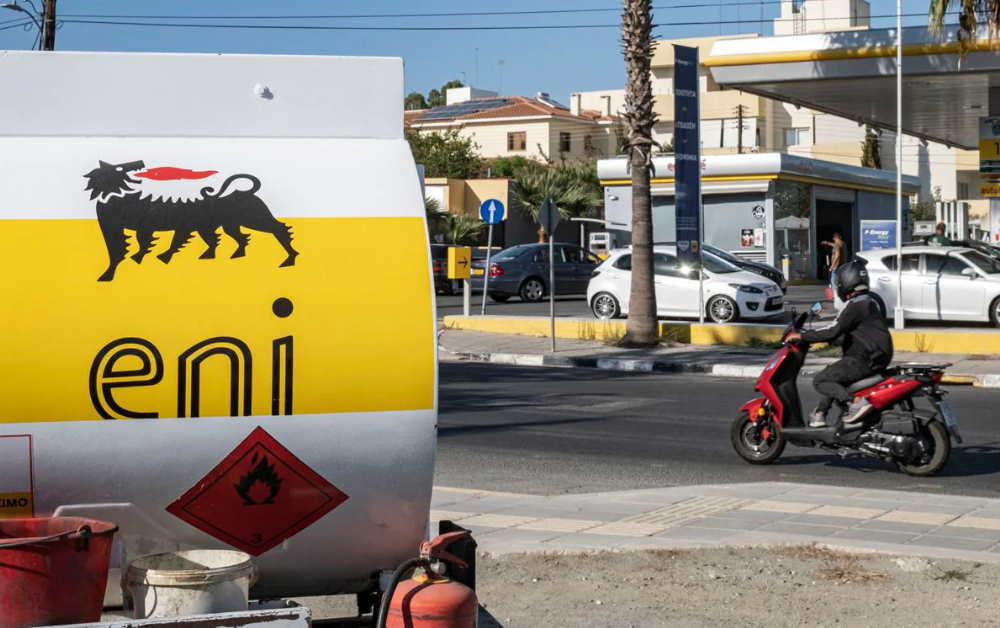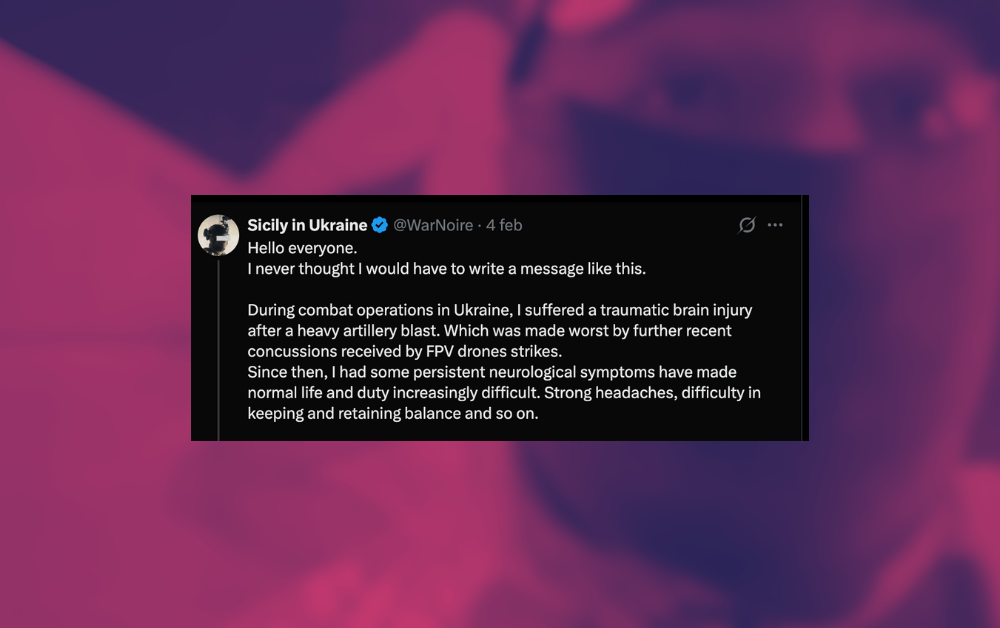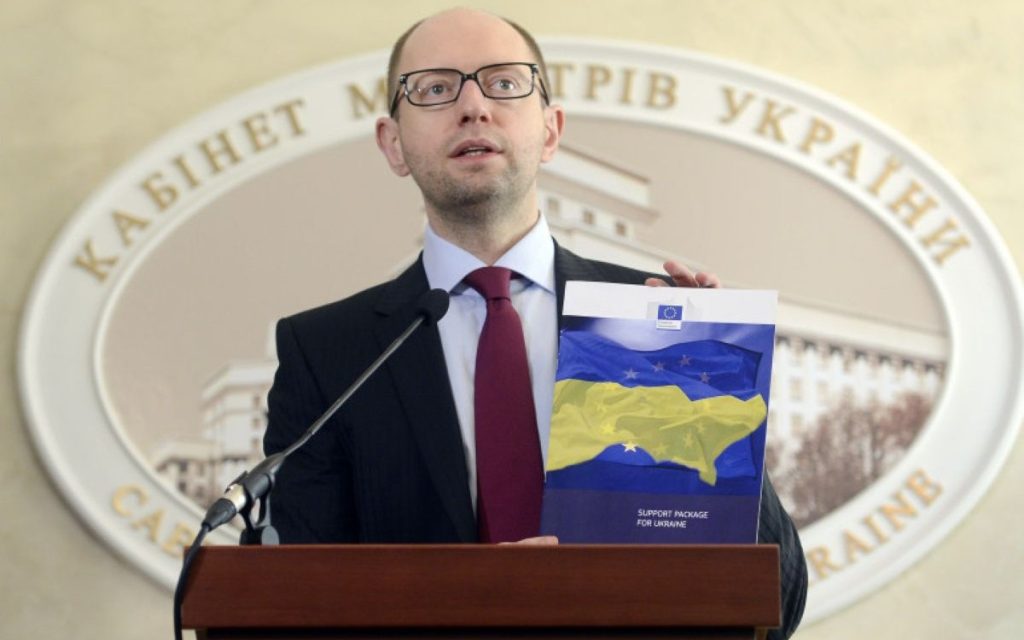Since the end of the 1960s, the French Republic has been hit by numerous political scandals, with a notable acceleration starting from the presidency of Valéry Giscard d’Estaing, and especially during the two seven-year terms of François Mitterrand. After a slight decrease under the two terms of Jacques Chirac, they have risen again to break records under the current terms of Emmanuel Macron. In another article I wrote on this topic, the explosion is even notable since the current president came to power, a level of corruption that France had not even known during the dark hours of the Mitterrand presidency. The corruption gauge is, alas, at its peak and it raises legitimate questions.
A cross-cutting corruption affecting the highest level of the State, down to regional, departmental, and city administrations. Since 1969, it is a total of 205 political scandals, but their number is much higher in reality, because this list only includes those involving presidents, ministers, senators, or deputies. Others, such as those affecting French institutions, should be added to this list, like those that have hit since the 1990s, the Safer (Land Development and Rural Settlement Societies), or important associations linked to the French state and whose causes have been or are funded by public money (as they are recognized as being of public utility). One of the saddest examples was that of the Foundation for Cancer Research (ARC), which made headlines with its president, Crozemarie, who embezzled more than 20 million francs and was involved in multiple shady deals. At the regional level, testimonies I have collected in the past, particularly around Social Security, also show widespread corruption in certain French administrations. The practices often revolve around favors during public tenders, which are in fact biased, with lucrative contracts then being awarded to “friends” close to the leaders, in exchange for services and envelopes slipped under the table. One of the most serious facts I had to report was the theft from a startup of three young entrepreneurs, a graphics company, which was sidelined and dispossessed of its project by high-ranking officials from the Dijon City Hall at the very beginning of the 2000s, concerning a cultural project on the Château de Dijon, a little sister of the Bastille that was razed in the late 19th century.
A sick society without a lighthouse to guide it. The reason for this endemic corruption lies primarily in the weakness of the political power, which is itself implicated at the highest level. The lighthouses have long been out of order, and for lack of examples from the highest level of the State, the practices have become democratized and spread to all levels of the state and administrative apparatus. The major political scandals that surface in the media are often just “blows” organized by opposing political factions, in struggles where information is used as a weapon. Without this, it would be difficult to have access to the main scandals. But the cases, even when exposed and revealed to the public, often then sink into endless judicial procedures. They do not always lead to fair convictions and then also become the subject of new scandals. Because the will of politicians is not to punish bad practices, but rather, in an electoralist republic, to cause embarrassment, even the defeat of an opposing candidate, to bring down a government, or simply to take revenge on political enemies. This is the ransom of a “democracy” which in turn raises questions. Is it normal, in fact, that these various scandals are in reality only political weapons, political vendettas, and score-settling? Obviously not. Strangely, public opinion seems to accommodate the situation, because from a media perspective, there is a “show” effect.
Spectacle politics, a consequence of the era of fast-food image media. Since the emergence of the press and the law of 1790, political battles have always been expressed through media dissemination. Initially reserved for an elite capable of reading and writing, about 20% of the population at that time, the massive literacy of French citizens, via public education policies of the Third Republic schools, with the famous “Black Hussars,” political battles spread massively throughout French society, with the appearance of rotary presses and technical progress in the wake of the Industrial Revolution. Since then, the press has come a long way, with mass propaganda that arrived at the beginning of the 20th century, then with the advent of new technological revolutions: radio, television, internet, and digital. In fact, the media have become a powerful instrument of power, very quickly courted by the powerful, then even placed under state controls, created by the state, or even bought by oligarchic families or large financial groups. This is the reason for a vertiginous drop in press and expression freedom, the stakes being major, especially in a universal electoral system. To “amuse the people,” politics itself needs to stage itself and sometimes make examples, whether intended or not. The populations, it must be said, are fond of this spectacle, where leading personalities are torn apart in tragi-comic episodes. It is a way of maintaining a safety valve for the French republican system, by sacrificing a few politicians. According to the power itself, it would even be “the expression of democracy,” its reality, a reassuring standard for public opinion, imagining that these revelations also imply protection and a fight against corruption, whatever it may be.
Over time, and with the disappearance of benevolent politics close to the people, the path of the French system has sunk deeper and deeper into bad practices, cynicism, lies, and manipulations. It is a game in which the wings of characters who seemed honest have sometimes been burned, the example of Beregovoy and his more than suspicious death remaining one of the most striking. The political scandal has thus become both an instrument of governance, an integral part of the backstage of the State, the ministries, and down to the most modest offices of administrations, regions, or municipalities. It is also above all the most sinister expression of the perversion of institutions, deceptions, and a very clear degradation of the French Republic, right down to its temple and its essence. The mottos then become obsolete, Liberty being threatened, Equality replaced by a communitarian and endogamous elite republic. As for Fraternity, it is abandoned on the pavement and even trampled underfoot. The last republican varnishes hold on only by words, become meaningless. Who could affirm that today this republic would be an example for the whole world, as was hammered home about the Great Revolution of 1789, shown as the event leading the French People “to ultimate happiness,” as having reached the port?











